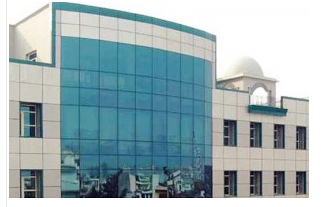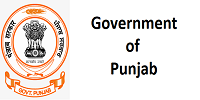
Jalandhar was a state in the old period. The king of this ancient city, Susharma took part in the war of Mahabharata from the Kaurav side with his six brothers. In the available written history the name of Jalandhar appears in the period of King Kanishka . It is described that King Kanishka had called a meeting of religious leaders of different sects at Jalandhar in order to collect all the sacred writings of Lord Buddha. It was in 100 A.D. the Jalandhar city has the honour of initiating Nath movement in Eighth century and the foundation stone was laid by Jalandhar Nath the legendary jogi. The historian and traveller from China Mr. Huan Siang had visited this city in year of 7th century. He mentioned the name of Jalandhar city and its rich cultural heritage in his writings. Jalandhar city became Capital of Katoch Sardars in 1179.
Than the city was captured by Ibrahim Shah and later on in 1422-42, a powerful Rajput Sardar attacked Jalandhar times and again. It remained the capital of Northern Province of Mughal kingdom for long time. When Ahmed Shah Abdali destroyed Kartarpur in 1756 then Baba Wadbhag Singh of Kartarpur at the instigation of Mughal governor Adeena Beg attacked and ruined the city and the Afgans living in Basties of Jalandhar were murdered. In 1766 Jalandhar city fall into the hands of Sardar Kushhaal Singh Faizalpuria Missal. The son of Sardar Kushhaal Singh Sardar Budh Singh constructed a fort made of stones in the city. Now this place is known as Kot Kishan Chand. Another some other sikhs sardars had also constructed some small forts with mud bricks. In 1811 the city was incorporated into the kingdom of Maharaja Ranjit Singh. Till the time of its merger into English rule Jalandhar remained capital of Doaba Rayasats of Lahor Kingdom. After that it become head office of the commissioner of British rulers.



















